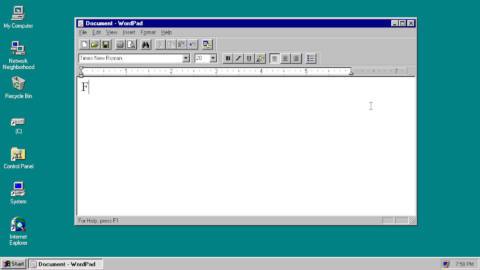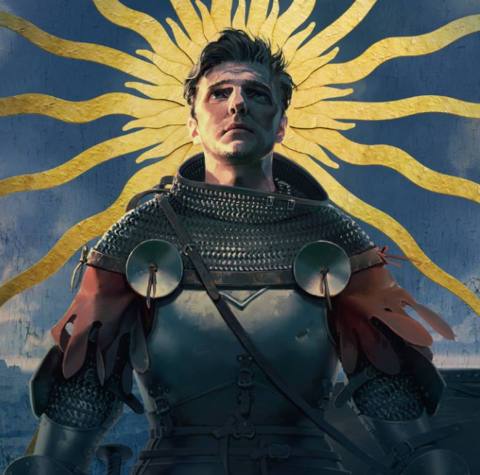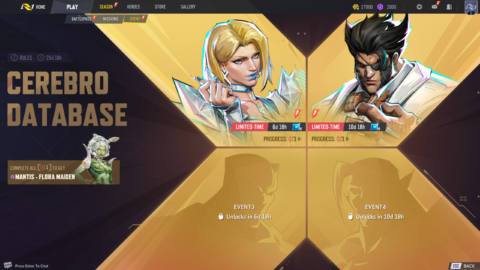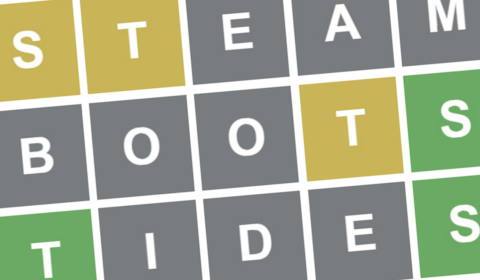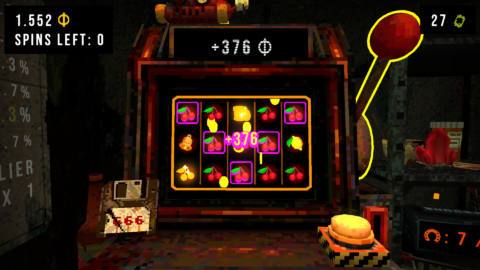Back in 2022, the Tennis Australia’s forward-thinking management released 6,776 images of tennis balls as digital NFTs. Each one sold for 0.067 in the ethereum cryptocurrency, about $278 AUD at the time. Those same NFTs are now reportedly trading for as little as 0.003ETH or $15 AUD on OpenSea, the self-described “world’s first and largest digital marketplace for crypto collectibles and non-fungible tokens (NFTs)”. Ouch.
To add a little detail and context, the NFTs were linked to 19cm by 19cm plots on the courts at the Australian Open in Melbourne. At the time, Tennis Australia reportedly promised to update the metadata on the NFTs whenever a winning shot during a match landed on a given the plot.
What’s more, Tennis Australia pitched the whole thing as being akin to an airline frequent flyers program, offering ground passes for finals weeks for NFT owners, so-called behind the scenes access along with tickets to matches the following year if their NFT court plot was linked to a match point. Oh, and a Discord channel for NFT owners was set up.
In 2023, Tennis Australia released a further 2,545 NFTs, again digitally depicting Australian Open tennis balls and linked to court plots, despite controversy springing from the perception of volatile cryptocurrency markets. When you add the two tranches of NFTs together, they sold for around $3 million AUD. Nice work if you can get it.
At the time, Ridley Plummer, senior manager of metaverse, NFTs, web3 and cryptocurrency at Tennis Australia, said the organization was commited to NFTs for the long term.

Best CPU for gaming: The top chips from Intel and AMD.
Best gaming motherboard: The right boards.
Best graphics card: Your perfect pixel-pusher awaits.
Best SSD for gaming: Get into the game ahead of the rest.
“We shouldn’t just put down our tools and walk away because the market’s having its challenges. There’s obviously a ton of external factors that come into play when you’re exploring a new technology like web3 and NFTs, and when you’re an innovative company like Tennis Australia and the AO there’s obviously challenges and and rewards that come with that as well,” Plummer said.
In 2024, it’s thought Tennis Australia did not issue any further NFTs, though existing owners were given ground passes. For this year’s tournament, currently running in Melbourne, it seems that the Australian Open isn’t mentioning the NFT scheme at all or offering ground passes. The Guardian says that the Discord server has been shut down, the associated websites are “dormant” and that Tennis Australia isn’t responding to “multiple requests for comment.”
Thus it does rather seem that Tennis Australia and the Australian Open would rather the whole thing just disappeared. All we can say is that it doesn’t seem surprising that something of little apparent value has indeed turned out to have little actual value, though in the interest of full transparency, this author doesn’t get NFTs. At all.

